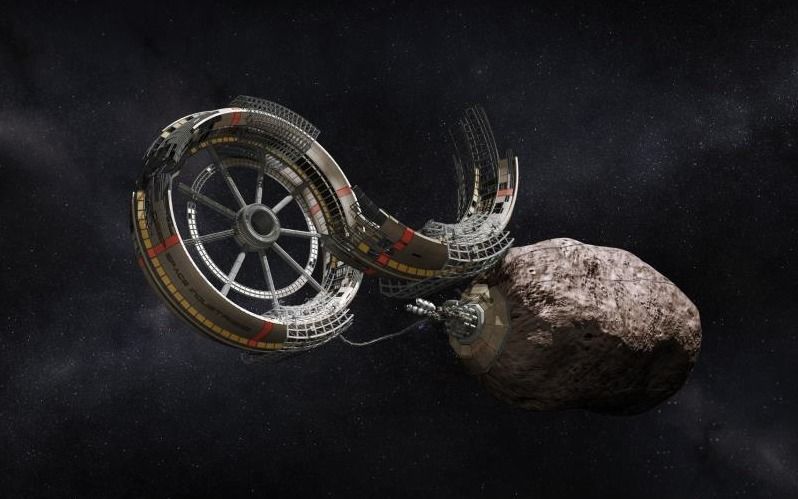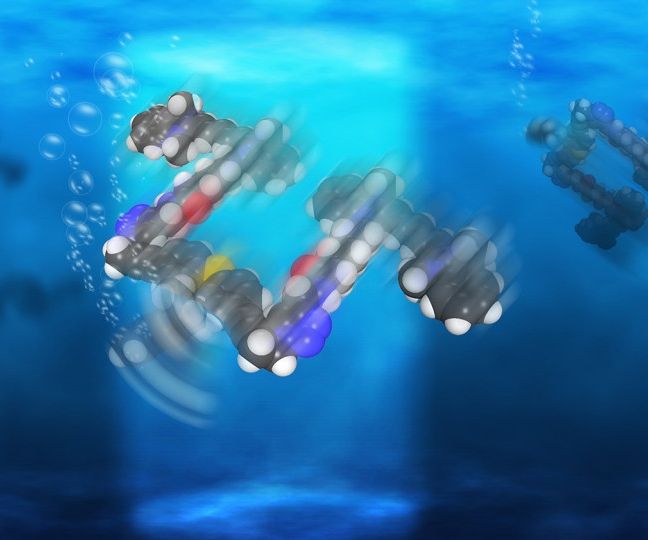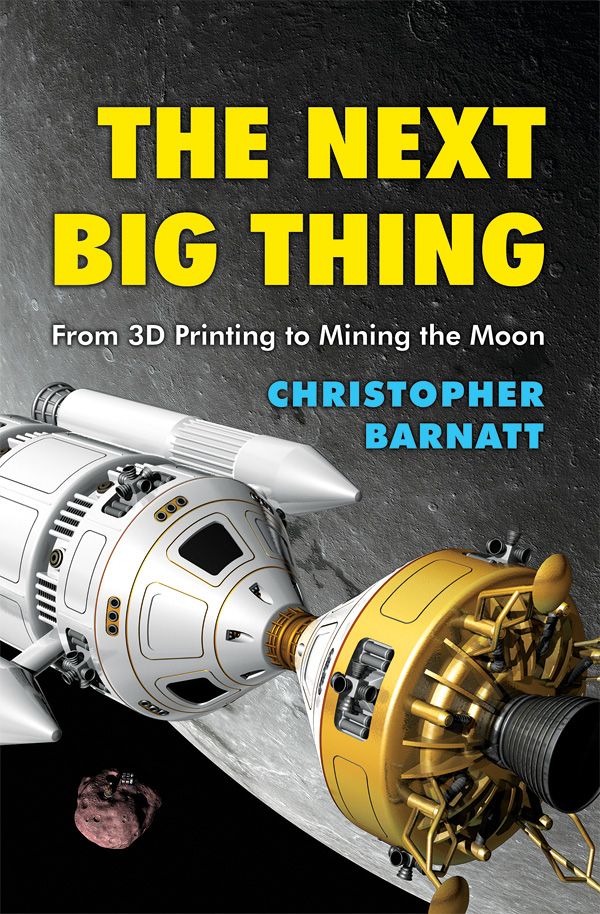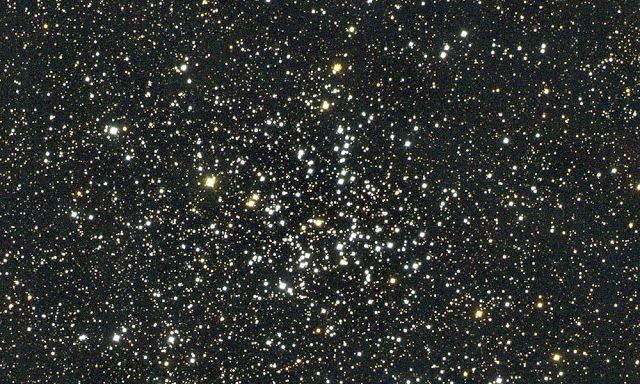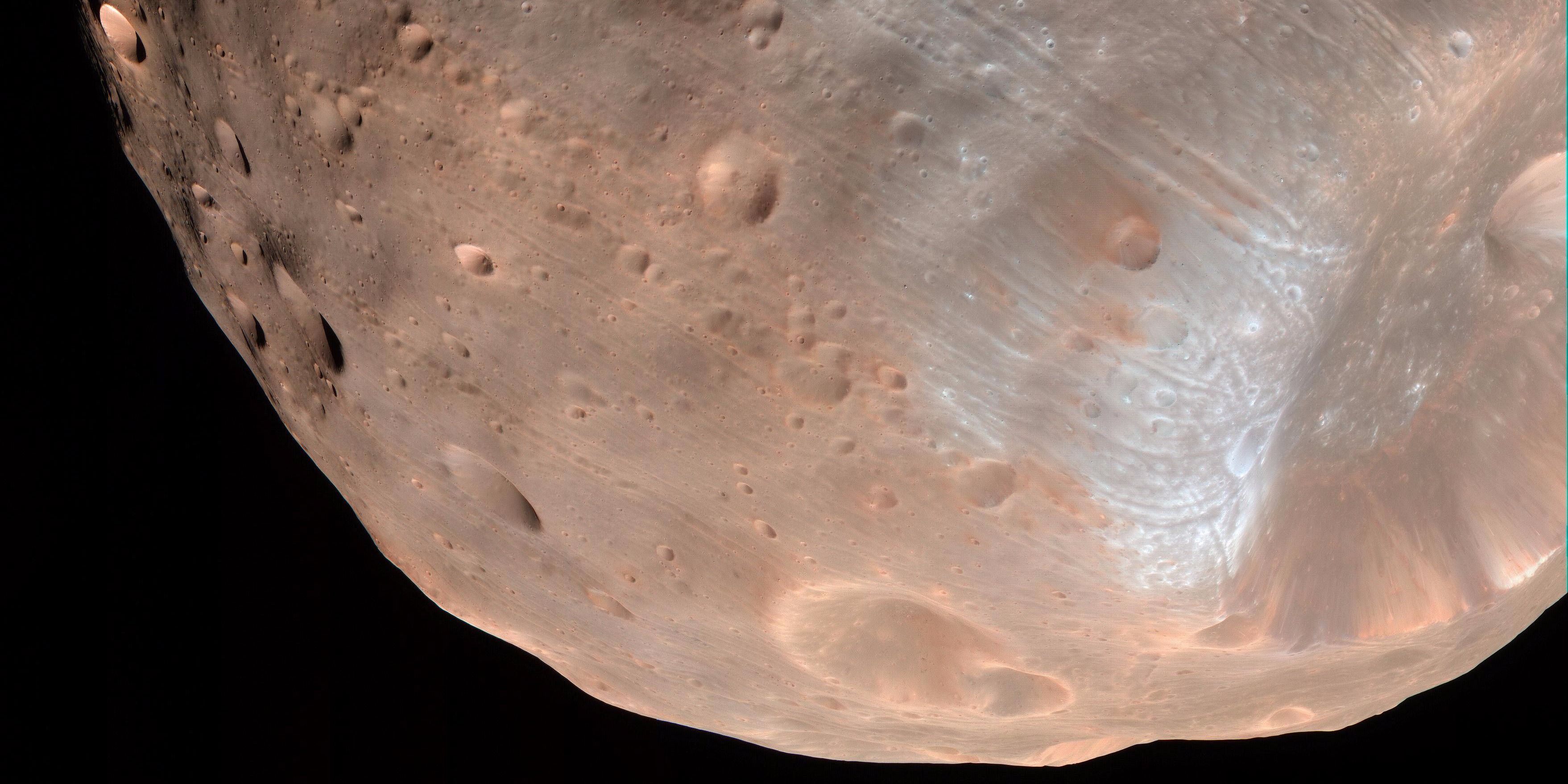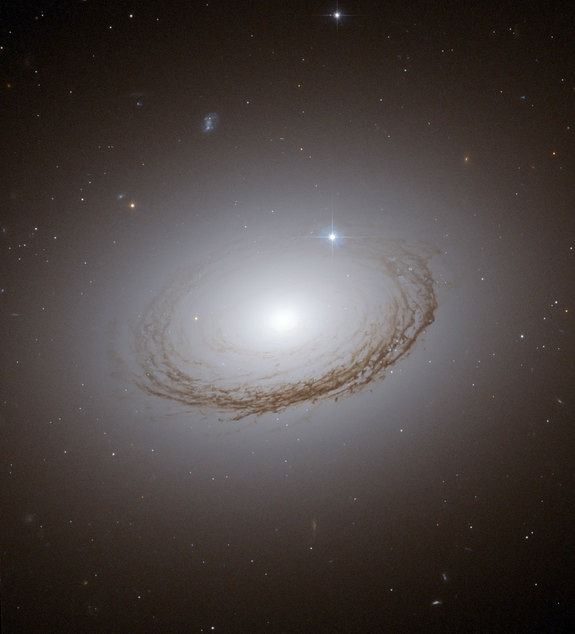Nov 17, 2015
Space Mining Bill Passes In Congress
Posted by Shailesh Prasad in categories: business, geopolitics, policy, space, treaties
According to international treaties, no country is allowed to own things like moons or asteroids. But what about a company?
A new bill would allow space mining companies to own pieces of space. Although they couldn’t own a whole asteroid, for example, the bill would ensure that space mining businesses would legally own the resources they extract from that asteroid.
Last week the bill passed in the Senate with a few amendments, and yesterday those amendments were accepted in the House of Representatives. Now the bill is off to the Oval Office, where space policy experts predict President Obama will sign it into law.
